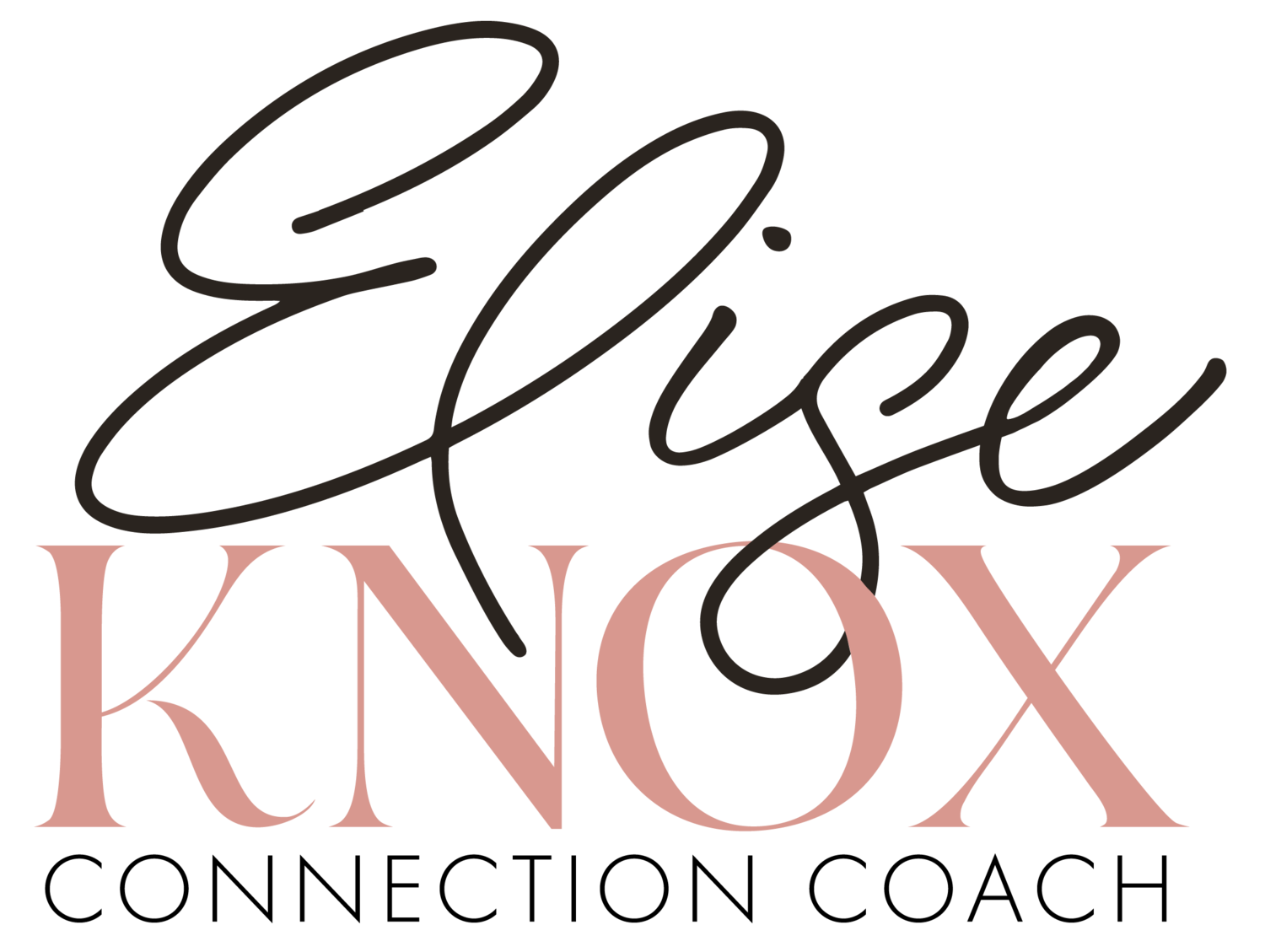What does good mental health mean anyway? 🤔
“Should my goal be happiness?” I asked myself as I sat in a coffee shop in 2017. Basking in the smell of the brown liquid I love so much (the color of a very muddy river in the middle of a storm. I like my coffee with a healthy serving of real cream).
I don’t know if my love for coffee comes from the fact that it’s an upper (only that first cup though, after that it tends to go down for me 😅) or the memories of my childhood from my mom’s morning cup.
She ground her beans every morning in a beautiful antique coffee grinder and savored her coffee with cream and brown sugar every single morning of my childhood.
I have stopped drinking coffee many times as an adult, and each time I find my way back to this magic, creamy morning ritual.
This moment in 2017, with a baby and a 4-year-old at home, questioning what I should be striving toward, was the beginning of my personal development journey. I’ve written about it before because it was a pivotal moment in my life.
As a mom with young kids and very few moments of me time, it was hard.
When my goal was happiness, I felt unfulfilled, discontent, and disconnected when I didn't feel happy.
And let’s be serious, happy is not something you can maintain consistently over time.
Somewhere along the way happiness has become synonymous with good mental health, and this is just not the case.
The true sign of good mental health is not that you’re happy all the time, or even most of the time, but rather that you have the ability to ride the waves of all of your emotions, the good, the bad, and the ugly.
Welcome to the human experience.
Maybe this confusion comes from seeing everyone’s highlight reel on social media or the commercials for medication that promise you a frolic in fields of wildflowers with a well-behaved puppy and a huge grin on your face.
The pressure today to be happy all the time is intense. But the reality is that life just keeps being life, a journey of ups and downs and twists and turns.
Today I want to talk about how this backward idea about mental health is affecting you and your teen.
Many parents come to me and say, “how do I know if they are happy, fulfilled, etc.” “how do I know if they’re depressed and need help or just going through a rough patch?”
The parent’s need for their tween or teen to be ok, their constant worry is the cause for a lot of disconnection.
Teens are sensitive and navigating a lot of complicated things in their life, and when your energy comes from a place of fear, it creates disconnection in your relationship.
It is so important to keep in mind the above definition of mental health when you feel worried about them.
Rather than their overall state of happiness, check in with:
Their ability to navigate the ups and downs of life? (this will probably be more dramatic during this phase than it was for the past few years)
Their ability to oscillate between the ups and downs.
Their ability to connect with you or other adults (in tiny moments).
And how long they stay in the big emotion?
Some of my teen clients come into session and unload a massive amount of emotion, anxiety, excitement, sadness, overwhelm, and just all around bigness for 40 minutes, and then in the last 5 minutes they say, “wow, I feel so much better.”
The support of a coach or therapist is wonderful for this so you aren’t always the one to hold it.
Some of my mom clients come feeling stuck in overwhelm, disappointment, or disconnection, and wonder why they feel like this.
We work on getting to understand themself better, how their childhood and family impacts their actions today, and explore their responses…
They start to ride the inevitable waves of life with a bit more ease and grace.
They gain more self-compassion, which allows them to have more compassion for their teen.
They start to know when boundaries are needed and learn how to set clear ones.
My hope is that when you look at mental health for yourself and your teen in this way, it alleviates some of the pressure.
It becomes less scary, and more manageable. And it feels like a winding journey you get to go on together rather than a destination you need to chase for you and them.
